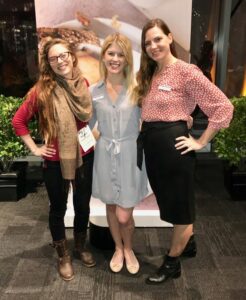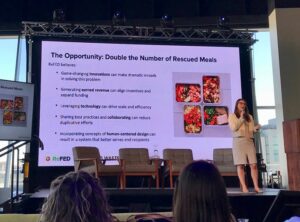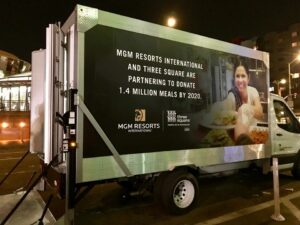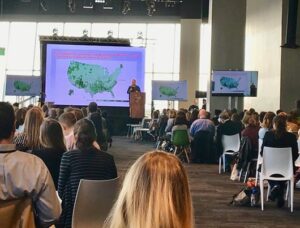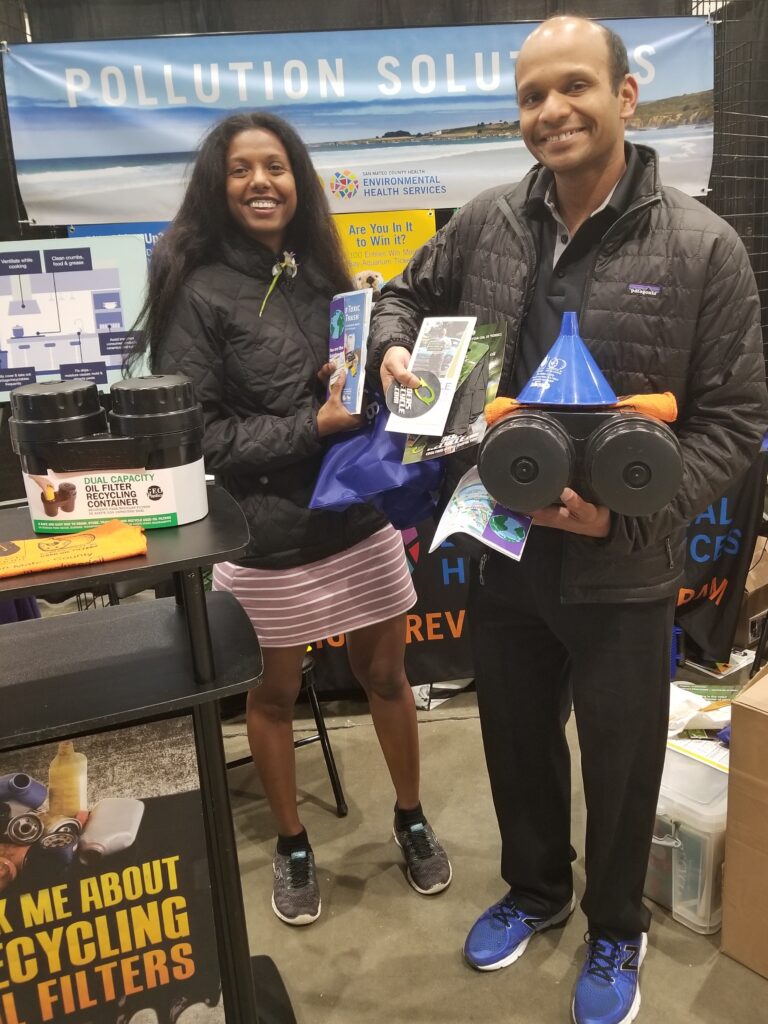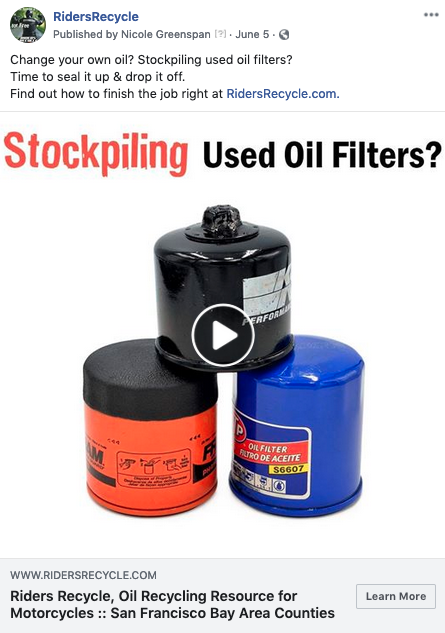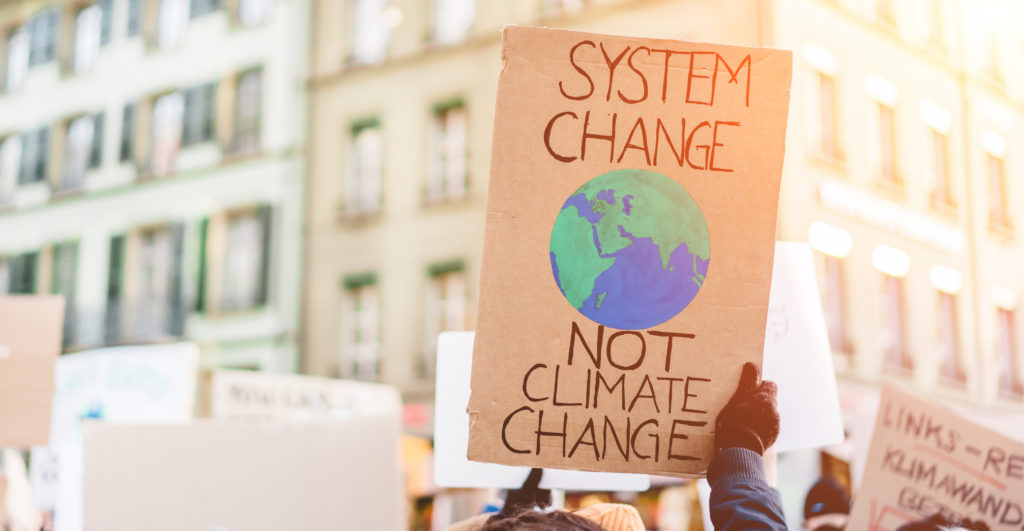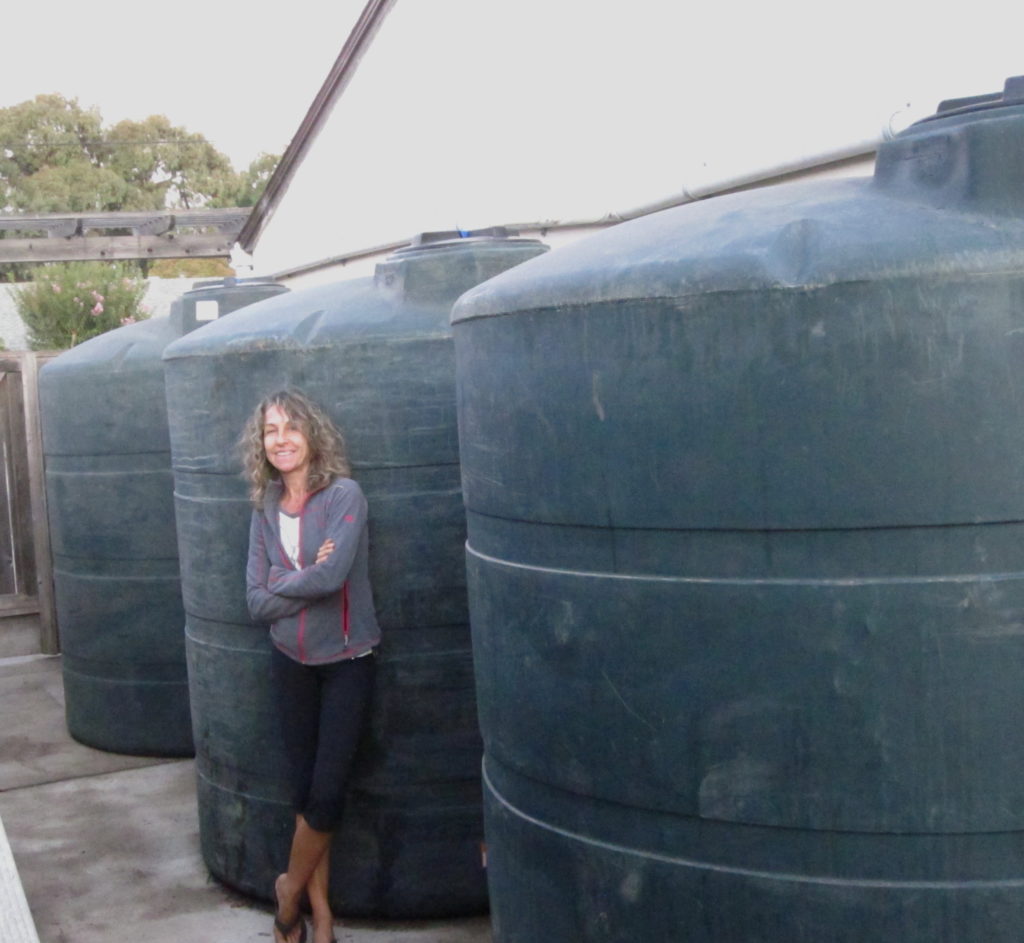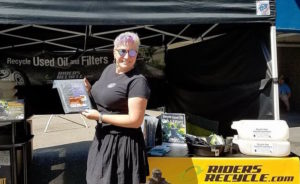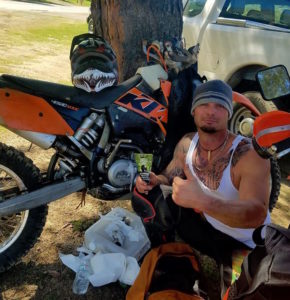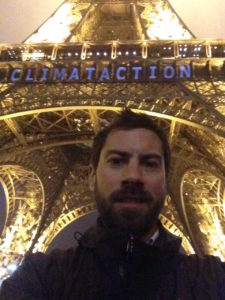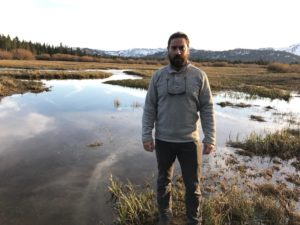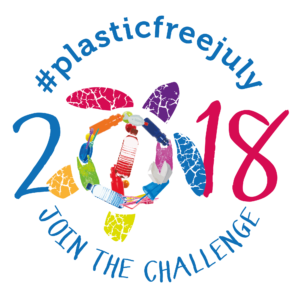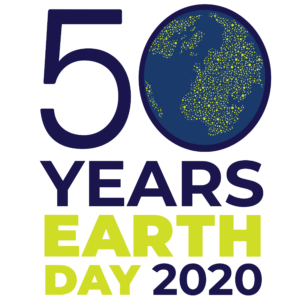
In early March, when the coronavirus still seemed like an obscure disease, the Gigantic team was in full swing, preparing for Earth Month. For Clean Water Program Alameda County, we had created outreach event kits and were about to promote countless litter cleanups. For Santa Clara County, we had partnered with dozens of coffee shops to launch a “bring your own cup” campaign. My own calendar was full of gatherings, including the big climate march in honor of Earth Day’s 50th anniversary. Then stay-at-home orders hit the Bay Area, and everything involving a group of people in person was canceled. How could Earth Day turn 50 without a celebration?!
After the first shock, many Earth Day organizers started to take activities online. After all, if everything from staff meetings to Quarantini Happy Hours can happen remotely, why not Earth Day too? In the beginning I was skeptical, wondering if honoring this important date in physical isolation could instill the same sense of community as a march for the Earth or a creek restoration event with likeminded people. But as our team kicked into action to reimagine campaigns and retool outreach materials, like we did for Clean Water Program, I started to see countless new opportunities to build awareness

and change behavior. “Earth Day at Home” can open our eyes to many powerful actions that we’d usually be too distracted and busy to take. This may be the time to do a 10-minute fridge reality check and learn new habits to prevent food waste. Try one of many delicious plant-based dishes, good for our own heath and that of the planet. Stroll around the backyard and discover how even a modest patch of native plants can support a little universe of insect diversity. The team of Oakland’s Earth Day 2020 has compiled many more such actions—in fact, over 50!
Looking beyond our homes, I’m heartened to see so many creative approaches aimed at bringing people together while keeping everyone safe. The Smithsonian’s virtual Earth Optimism 2020 Summit offers four full days of webinar workshops, films and conservation success stories from around the world. An online event by the Climate Music project and National Academy of Science explores the intersection of music, climate science, and community action. The California Coastal Commission is sharing highlights of their work (and awe-inspiring photos) from wetlands to coastal wildlife all #EarthMonth long. The list of events goes on, with many compiled on a searchable global map by the Earth Day Network.
As I now ponder Earth Day’s 50th anniversary, I feel hopeful about the event’s power to bring the environment back into focus, connect people who care about the Earth on a larger scale, and maybe ring in a new era of activism once restrictions lift again. To all our clients, allies and fellow environmentalists, Happy Earth Day!

